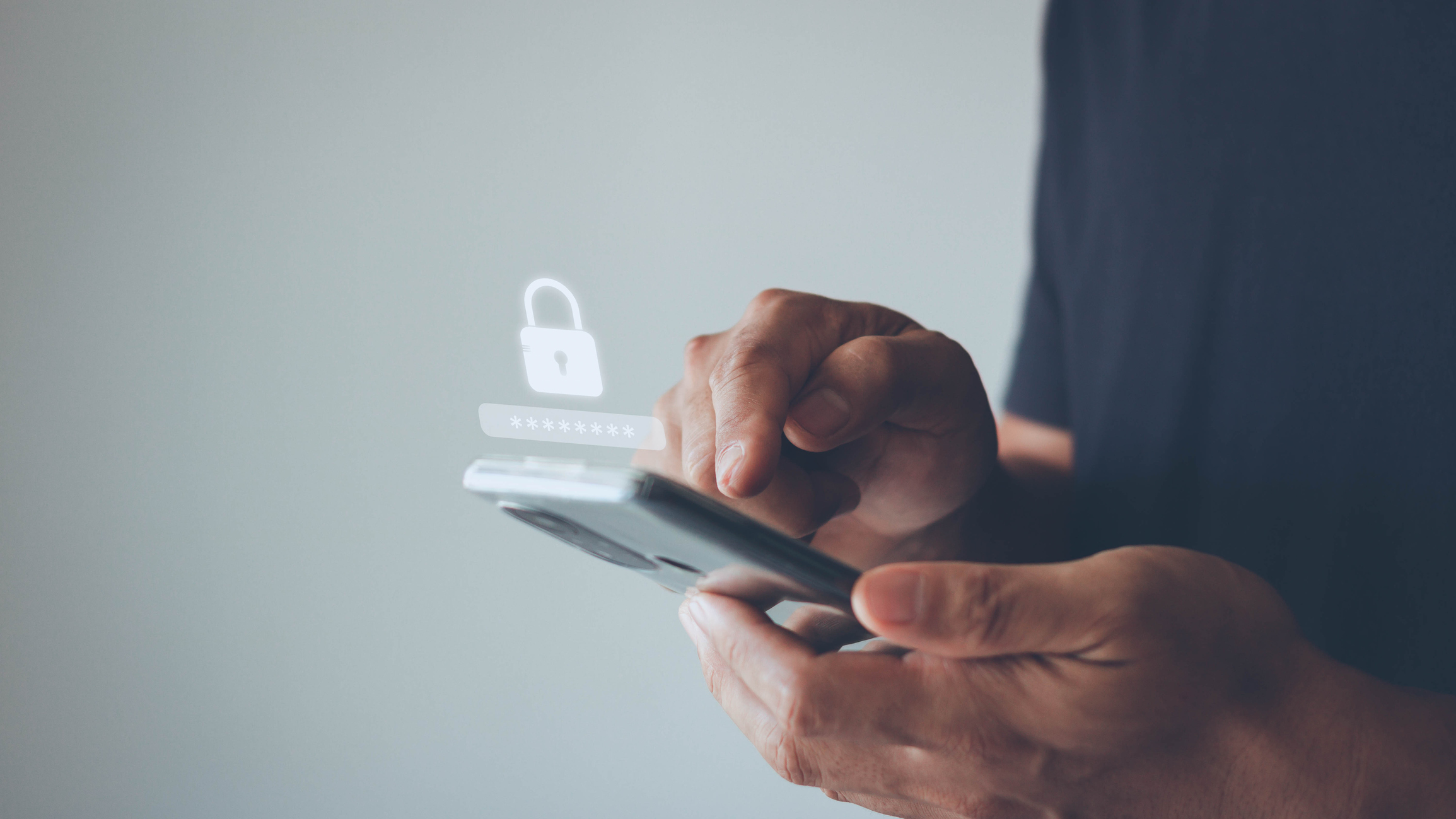Security learning centre:
Protecting your information
Learn how to protect your personal information
Using personal information in a secure way is important to protect against identity theft and fraud. It's essential to keep personal information private and avoid sharing it unnecessarily. When providing personal information, it's important to confirm that the organization or individual collecting it has legitimate reasons to do so and is taking appropriate measures to keep it safe.
Security do's
- Do use strong, unique passwords and consider using a password manager.
- Do monitor your accounts regularly for unauthorized activity.
- Do shred any documents containing personal information before disposing of them.
- Do freeze your credit if you suspect your information has been compromised.
Security don'ts
- Avoid sharing personal information on public forums or social media.
- Don't use the same password across multiple accounts.
- Don't respond to unsolicited emails or phone calls requesting personal information.
- Don't carry unnecessary personal information with you, such as your SIN card or passport.
Never share your password with anyone.
Prospera or any of our partners will never ask for your information via email, text message or other means.
When should you provide your information?
- Only provide personal information to reputable companies or organizations with a legitimate need for it and they must be able to verify who they say they are.
- Be cautious when providing personal information over the phone or through email, especially if you didn't initiate the contact. If you are unsure, end contact immediately and try to reach the individual or company through their secure website, email or phone number that is publicly available.
- When using online forms or making purchases, check for the padlock symbol or "https" in the URL, which indicates a secure connection.
Want to learn how to create strong passwords? Watch our video:

Password Security
Password security is an essential aspect of online safety that helps protect sensitive information and personal data from cyber attacks.
We recommend you:
We recommend you:
- Choose a strong pasword, including a mix of different uppercase and lowercase letters, numbers and special characters (minimum 12 characters in length).
- Choose different usernames and passwords for each of your accounts.
- Don't write down passwords or user names on paper or on your computer. Consider using a password manager to help you remember.
- Don't authorize browsers to save your information so it can 'pre-fill' your information.
- Consider changing your password every 90 days.
Online banking account alerts
At Prospera, we want to keep you informed about your account. We offer 4 categories and 12 types of alerts to keep you notified about any online banking activity and strongly encourage you to activate them within your account.
Security alerts
Log-in: This alert helps you keep track of authorized log-ins to your account by receiving a notification every time someone logs-in.Password change: This alert notifies you when your online password has been changed.
New payee added: This alert notifies you when a new bill payment vendor account is added to your online banking account.
Balance and activity alerts
My balance: This alert notifies you of your balance either daily, weekly or monthly.Low balance: This alert notifies you when your balance falls below an amount you specify.
Deposit: This alert will notify you when a deposit has been made into your account.
Withdrawal: This alert will notify you when a withdrawal has been made from your account.
Interac e-Transfer contact added: You will be notified every time a new Interac e-Transfer (electronic money transfer) recipient is added to your banking activity.
Payment alerts
Insufficient funds: This alert will notify you when your account has been overdrawn or your line of credit has been over extended.Scheduled payment failed: This alert will notify you when a scheduled payment has failed.
Scheduled transfer failed: This alert will notify you when a scheduled transfer has failed.
Member service alerts
New message available: This alert will notify you when you receive a new message in online banking.Ready to sign up? Simply follow these four steps:
1. When you sign onto online banking, click 'Messages and Alerts' in the menu at the left.2. Click 'Manage Alerts'.
3. Under 'Security Alerts', select the alert you want from the choices offered and then click 'Get Started'.
4. Follow the prompts provided to activate the security alert on your account.

Identity Theft
Identity theft is a form of fraud where someone steals another person's personal information, such as their name, social insurance number (SIN), or financial information, to commit crimes or make unauthorized purchases.
To protect yourself from identity theft, it's important to use strong and unique passwords, monitor your accounts regularly, and avoid sharing personal information online or over the phone. If you suspect your identity has been stolen, report it to the relevant authorities and freeze your credit to prevent further damage.
To protect yourself from identity theft, it's important to use strong and unique passwords, monitor your accounts regularly, and avoid sharing personal information online or over the phone. If you suspect your identity has been stolen, report it to the relevant authorities and freeze your credit to prevent further damage.
What security software you could use
Using security software such as anti-virus, anti-malware, and secure internet is essential to protect your devices from cyber threats. These software tools help to safeguard sensitive data, prevent unauthorized access, and defend against malicious attacks that can damage devices, steal personal information, or compromise networks.
Secure wifi
Make sure when you are accessing important websites, such as online banking, that you use a secure wifi network, like a private one at your home.Anti-virus software
Install and make use of a anti-virus software that scans devices for viruses and malware, and removes or quarantines infected files.Anti-malware software
Helps protects against malicious software such as spyware, adware, and ransomware, which can cause harm or steal personal data.Password managers
These can help create and store complex passwords for online accounts, reducing the risk of weak or easily guessed passwords.Virtual Private Networks (VPNs)
A VPN encrypts internet traffic, making it difficult for hackers to intercept or access data.Web browser extensions
These can help protect against phishing scams, malicious websites, and unsafe downloads.What security technology Prospera uses to protect you
Encryption
We use industry-standard security techniques like encryption to protect your personal and financial information while it's in transit between your computer and our server, ensuring that your information is safe.
Controlled Access to your Accounts
Your accounts can only be accessed by providing the correct debit card number and password. Access to our databases is strictly managed and systems are in place to increase the chances that security is not breached, including the physical security of our computer hardware and communications. For more information on the specific policies and practices that we use to safeguard your personal and financial information, please view our Privacy Policy.


